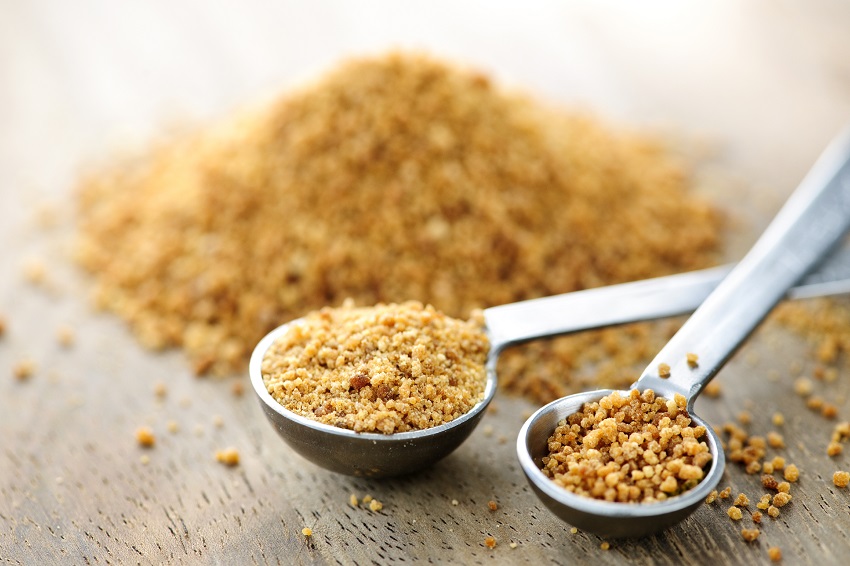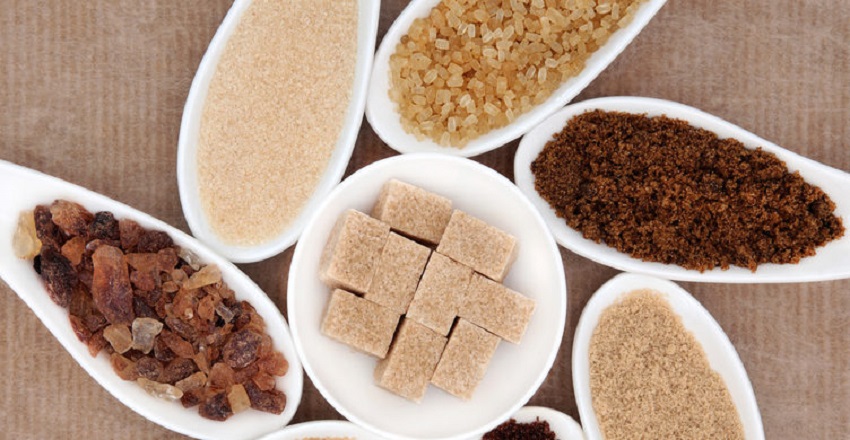
Bye Sugar, Hello Natural Sugar Substitutes: Pave Your Path of a Healthy Diet
We can’t deny it’s a thing of pride we’re living in societies where people are finally paying more attention to the development of healthy day by day habits, thanks to getting more informed about the necessity of staying physically active. Combine that with the proper amount of sleep per day, and a healthy well-balanced diet, and presto change-o, you’re in the perfect shape!
It all seems ideal, but for one important detail: as long as you don’t control the sugar intake, you can’t exactly expect the ideal outcome and be able to cut down on the health risks altogether. According to the World Health Organisation, the recommended daily dose of sugar is only 25g (about six teaspoons to be exact), which most Australians are far from considering the daily intake per Australian is staggering 60g (14 teaspoons) on average.
The scarier part of the statistics is that of teenagers, whose intake (particularly that of males) exceeds the 60g for about 30g. It’s not always easy to give up the sugar addiction, or cut it down to the allowed dosage, especially not for people with a sweet tooth (don’t we all have it), but if you really want to get the great starting point, avoid soft drinks, processed cakes and sweets, and, most importantly, replace the refined white stuff with sugar substitutes natural in substance.

It can be confusing, because the world of sugar substitutes is getting rather vast rather quickly as more people are getting aware of how bad refined sugar is, but this is the catch – don’t fall in the trap of looking for artificial sweeteners (even more unhealthy than refined sugar) whose substance is bound to cause health issues like nausea, depression, or cancer, over extended time of use. Instead you have the green light with sugar substitutes natural in compound.
The names of artificial sweeteners to avoid are aspartame, saccharin (also known as Sweet N’ Low), and acesulfame K, while natural substitutes you should go for are stevia, xylitol, and erythritol. What’s specific about these three is they are naturally part of herbs (stevia), fruits, and vegetables, beneficial for our health and still as sweet as sugar if not more (stevia is 300 times sweeter).
You can find them in the form of many products, such as powder, sachets, icing sugar, drinks, tablets, as well as water drops, so you can add some sweet flavour to your diet without feeling the guilt that binging on refined sugar gives you. You can search through the internet to find some recipes with natural sugar substitutes to get you more in the habit of using them.
Unlike refined sugar, these natural substitutes (also known as sugar alcohols) won’t contribute to the increase of your waistline; they’re low on calories (how great is that?!). Other than this, they’re also helpful with battling tooth decay as they protect the enamel, they don’t affect blood sugar levels (which makes them the ideal alternative for diabetics too), and furthermore they help with keeping blood pressure levels stable, thus help with heart health also.
Who would have said giving up the good ol’ refined sugar would turn out to be so easy, right?
reference: https://www.naturallysweet.com.au/

